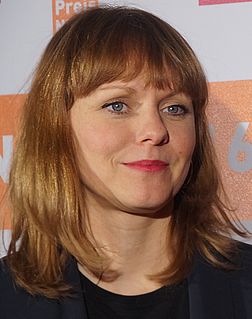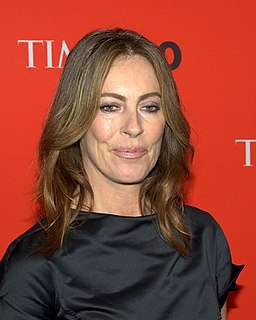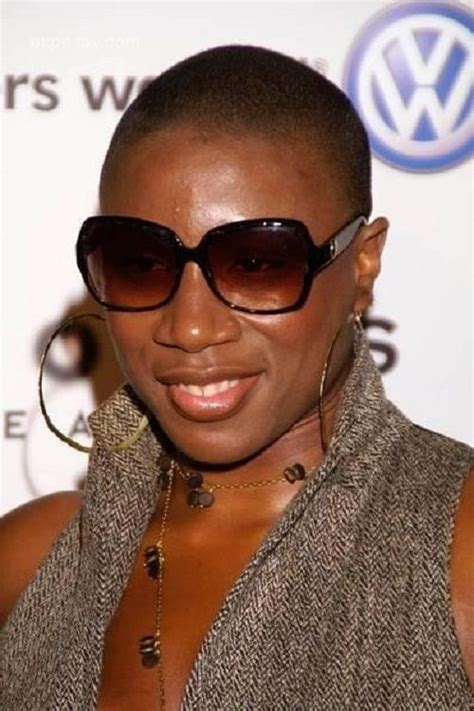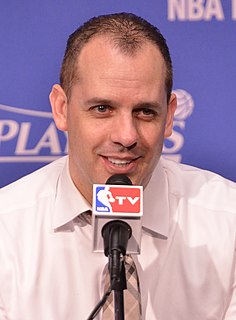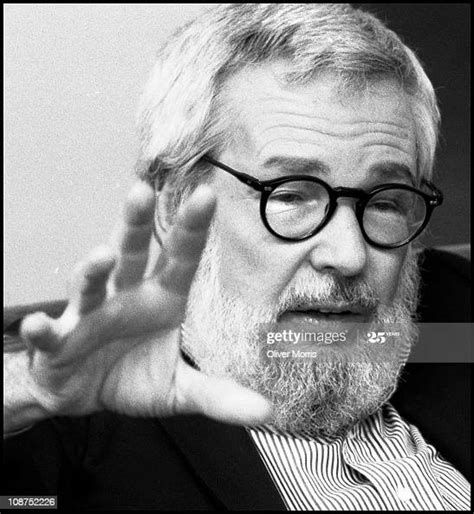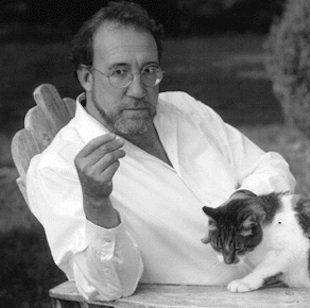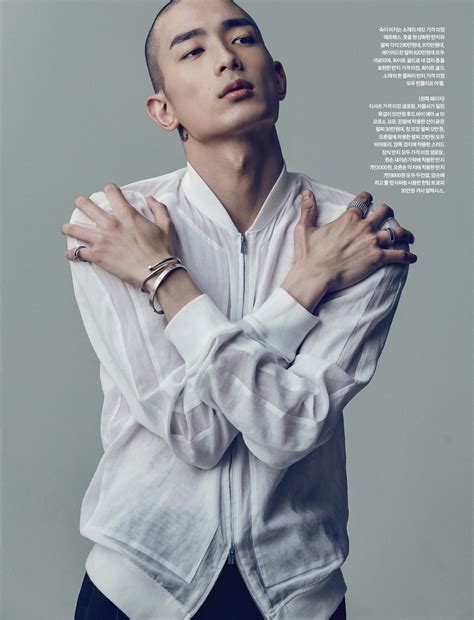A Quote by Gordon Quinn
Leon Golub was a painter. He was an artist struggling to make it in the New York City art world, but at the same time he was a very political guy, and engaged in the world around him. In the film, we saw how that world eventually encroached into his painting. One of my favorite lines in the film was how he had to be more precise, 'but now the pants have wrinkles, I hated to do it, but I had to do it.'
Related Quotes
For me, it was always clear that Toni Erdmann is more a film about what globalization, capitalism, does with private relationships much more than making a "political" film. It's more interesting to raise questions, because I don't feel in a position to "make a statement" with the film. Toni Erdmann comes from a completely different generation then his daughter, it's the post-war generation, they were very politically engaged. They raised their children with a lot of human worldviews, sent them out in the world believing in a world without borders.
The film room teaches you how to do the job, how to study the game, how to teach the game from film. How to create an advantage for your team by knowing your opponent, and all their plays and tendencies. And there's no better guy in the world that I've been around than Jim O'Brien at breaking down film.
A life without pain: it was the very thing I had dreamed of for years, but now that I had it, I couldn’t find a place for myself within it. A clear gap separated me from it, and this caused me great confusion. I felt as if I were not anchored to this world - this world that I had hated so passionately until then; this world that I had continued to revile for its unfairness and injustice; this world where at least I knew who I was. Now the world ceased to be the world, and I had ceased to be me.
When I was a kid, I used to live in New York City. There was a guy named Michael Alig. He used to throw parties. And a couple of times, I even worked for him and his crew, and handed out fliers, and had my super-high shoes on, and wearing silver Saran Wrap around my head or something. It's a world I was really comfortable in: a world full of individuals. I think what I like about that world - besides my own personal interests - is the individualism, the investment in the self.
For me becoming a painter was an Everest, in terms of what I thought a painter was. There are many roads to becoming an artist. For me it wasn't art school. I didn't have that go to art school and then get a gallery. It's more like, how deep is your inner library to cull from. It's certainly not about technical prowess, just about depth of investigation. It takes time. I had 15 years of painting under my belt before my first New York show. I was glad to have that. It's a good thing to spend your twenties getting your craft.
I had this idea for a long time to make a film about a poet in Paterson named Patterson. I wanted him to be working class. Eventually I thought a bus was a perfect visual way to move him, to drift him through the city, to have a measured kind of routine lifestyle. And all these things kind of congealed into the film "Paterson" eventually.
There was a kind of cultural life in New York that wasn't as solidified as it is now, it wasn't as money-driven. If you look at the size of the successful art galleries compared to the size of galleries now - there was no such thing as the Gagosian Gallery or Pace Gallery. But it was a time when magazines were a vital part of American life, and Esquire gave me a free pass to every world - I could get to the art world, the theater world, the movie world. It allowed you to roam through the cultural life of New York City.
DiMaggio was never a rube. He was very smart and very urban. Coming out of the Great Depression, he was the immigrant boy who made it big. Coming back from World War II, he had all the wealth and power that New York aspired to. When New York saw itself as the center of the world, he was its paragon of class.
I had just been doing graffiti around New York and this real estate investor guy had walked through meat packing in New York and saw some of my graffiti. He was impressed and asked if I sold canvases. I really had not made any canvases of my graffiti work yet, but told him I could make one for him. He then commissioned me to make ten paintings and put on my first art show. Between the sold out show and the cops chasing after me it created a lot of media and I've been doing really well since then.
I was born in Seoul, South Korea; then I moved to New York City at the age of seventeen. In New York, I studied art and photography. I thought I would be a painter; then I saw Walker Evans when I was in college, and that had a great impact on me. Being in the darkroom making B&W prints was such a magical experience.

